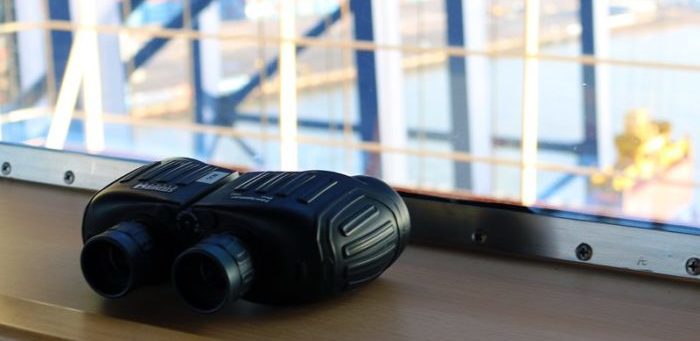UK Maritime & Coastguard Agency (MCA) has published two reports concerning two research projects, in order to investigate aspects of fatigue of seafarers, as it considers this issue detrimental to safety at sea and the health of seafarers. The reports aim to improve knowledge of fatigue science and how this can be applied to the management and mitigation of fatigue.
As part of the programme to improve scientific knowledge, the MCA commissioned the following two research projects to investigate specific aspects of fatigue as it applies to watchkeepers:
- On-board and predictive modelling study into the 8 hours on/8 hours off watchkeeping pattern
This study was conducted on vessels operating in UK waters outside the scope of STCW and EU Directives and were therefore able to operate the 8-on/8-off watchkeeping system with an authorised exception and with the full agreement of the crew and social partners. The study comprised a mix of on-board research and data collection, together with theoretical modelling of working patterns using a validated prediction model.
Conclusions
- Although an optimal set of data was not achieved, and the factors described in the text explain some of the reasons for this, it is possible to come to some definitive conclusions about the 8/8 system.
- However, because of the special nature of the operations conducted by these vessels, the conclusions reached in this report may not be generalizable to other 8/8 situations and further testing is recommended on a case by case basis.
- Theoretical and empirical evidence obtained in the project point in the same direction: the 6/6 watch keeping regime is worse than the 8/8 watch keeping regime, in terms of the quantity and quality of sleep obtained.
- Both more and better sleep is obtained when working under 8/8 conditions and the levels of experienced sleepiness, stress, and fatigue are lower.
- Concerning sleep and sleepiness, these observations were also predicted by the model. Although correlational analyses between theory and practice may point to the fact that participants may have had the intention of letting the 8/8 system look better, it does not weaken the overall conclusion that both theory and practice point significantly into one and the same direction.
2. Predictive modelling study into a range of 2-watch and 3-watch watchkeeping patterns
This study used a validated model to predict levels of sleepiness in a range of 2-watch and 3-watch watchkeeping patterns and investigated a number of variations that could be applied to commonly used watchkeeping patterns. It further undertook some analysis of workloads using actual timesheets from harbour tugs in two locations.
Conclusions
- The results indicate that some watch systems have benefits over others and the risks of falling asleep are less. The significance of different circadian types is apparent in determining how different watches might affect individuals. Also, the disruptive impact of interruptions to rest periods has been demonstrated, as well as the benefits of changing the start time of certain watch systems.
- The results from the study of tug data illustrates how removing the opportunity for napping can have significant effects on the risk of falling asleep, and again the importance of a knowledge of circadian type in assessing the likely risk to safe operation. It is hoped these findings can provide useful guidance to companies who wish to evaluate their current watch systems, and is the first step in understanding more about the risk of sleepiness in ship operations.
The two reports may be found herebelow respectively:



































































